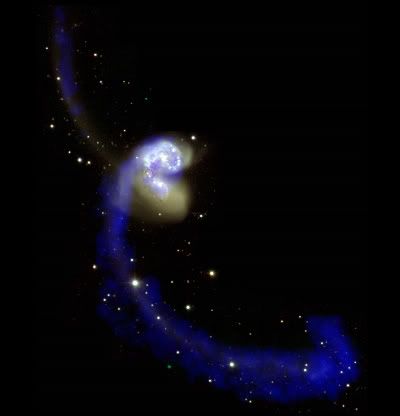
Credits: ESA/VIRTIS/INAF-IASF/Obs. de Paris-LESIA (Earth views: Solar System Simulator JPL-NASA)
Venus Expess, the European Space Agency's first mission to Venus, is taking a close look at the home planet. Earth observation is of great interest and paramount for safe management of our planet and we have already a well developed space based Earth observation infrastructure as well as the much older in-situ ground based monitoring system. By directing its instruments back on Earth Venus Express becomes the most distant Earth observation tool ever applied.

Credits: ESA/VIRTIS/INAF-IASF/Obs. de Paris-LESIA (Earth views: Solar System Simulator JPL-NASA)
How can looking at Earth help us see extrasolar planets?
Why would we want to travel so far away to observe our planet when we clearly can monitor and understand Earth much better with a real good close-up? By looking back at Earth, seeing Earth only as a pixel or so, we can learn how to better interpret the observations we do of extrasolar planets. So it is not really the Earth that interest us, it is distant planets in other solar systems. Venus Express looking back at Earth serves as a calibration tool as we already know very well the different elements of the Earth system, it's composition, rotation, shape etc. That way we will be in a better position to either understand directly or most likely, invent new observation techniques enabling us to gather more detailed informations from far away worlds.











No comments:
Post a Comment